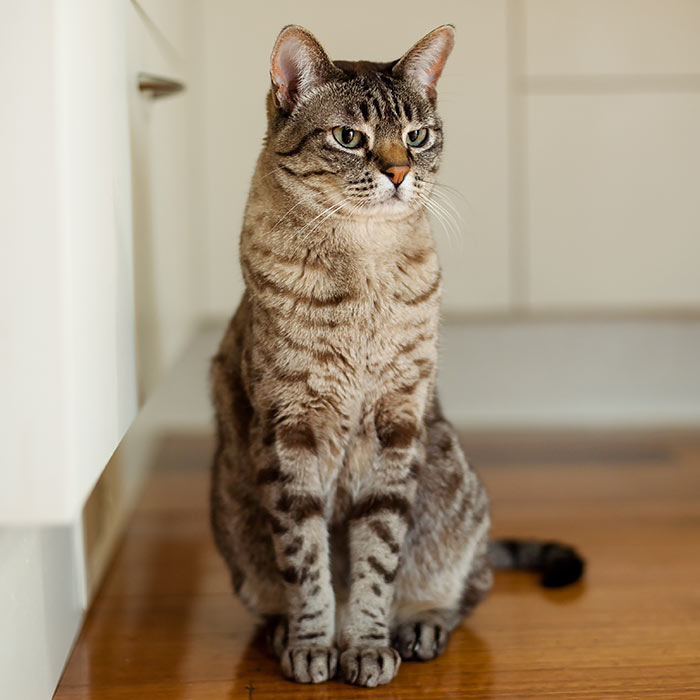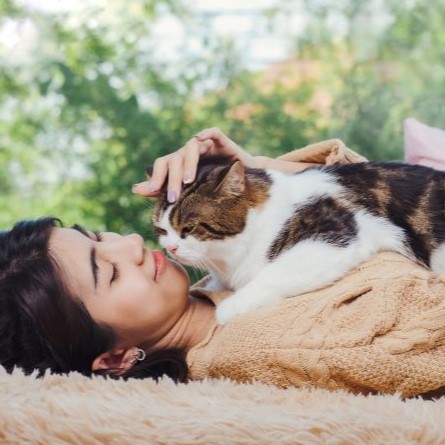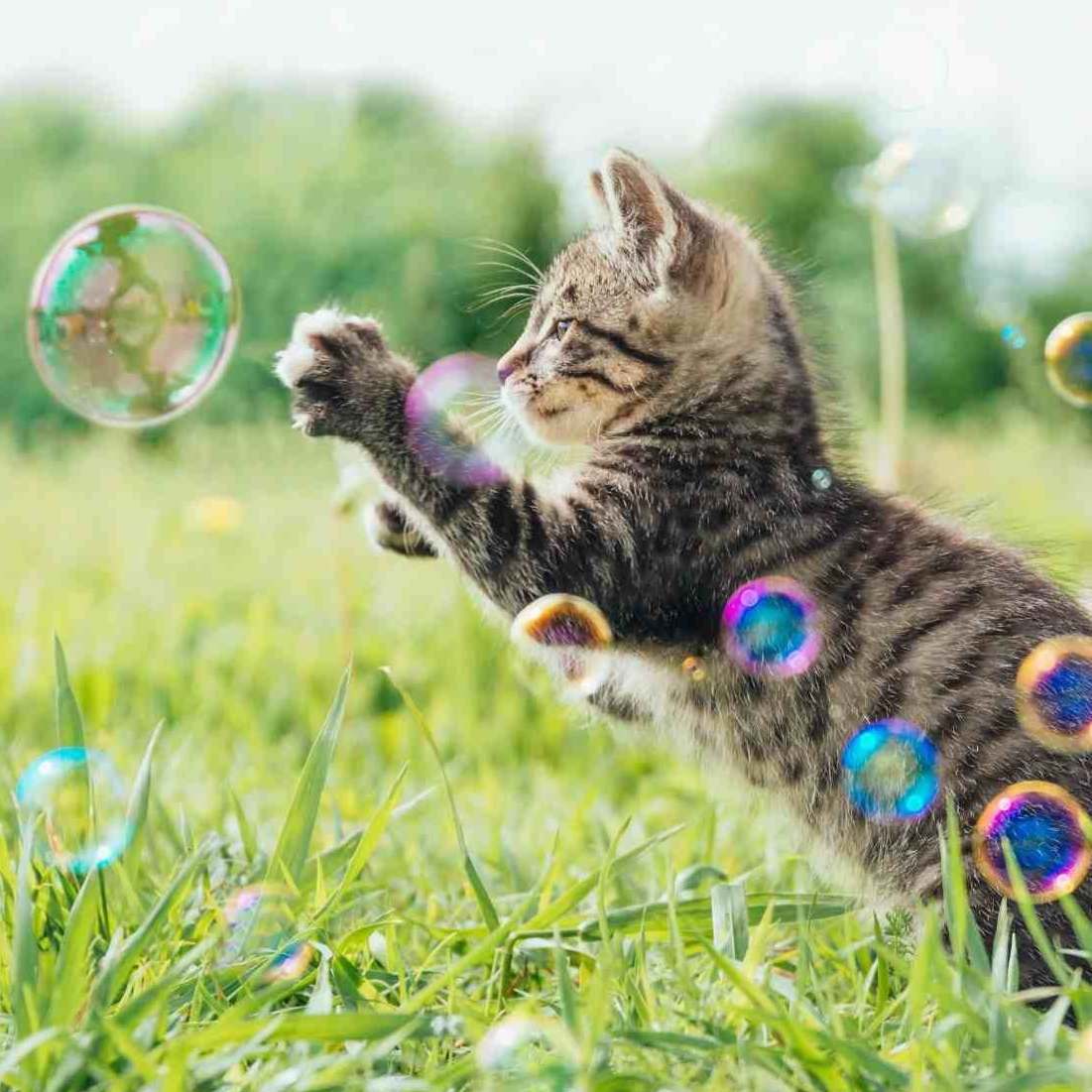How clever is your cat?
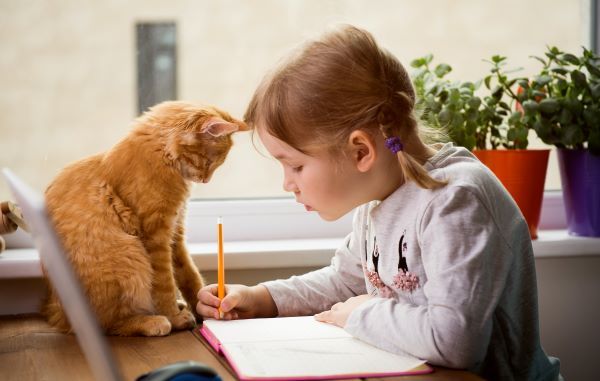
Are you constantly amazed by your cat’s apparent genius? Do they seem to understand almost everything you tell them, complete food puzzles with ease and know when you’re feeling down in the dumps and in need of a cuddle? Well, you’re not alone – many cat owners are convinced they have the feline equivalent of Einstein on their hands.
But just how smart are cats, really? Because they can’t speak to us, we have to be clever in finding ways to ‘guestimate’ their intelligence.
Cats vs dogs: which species is smarter?
We don’t use cats for search and rescue, police work, or bomb sniffing. Many people might think that cats are intellectually incapable of such complex undertakings, but is this true? Could cats be as smart – or smarter – than dogs?
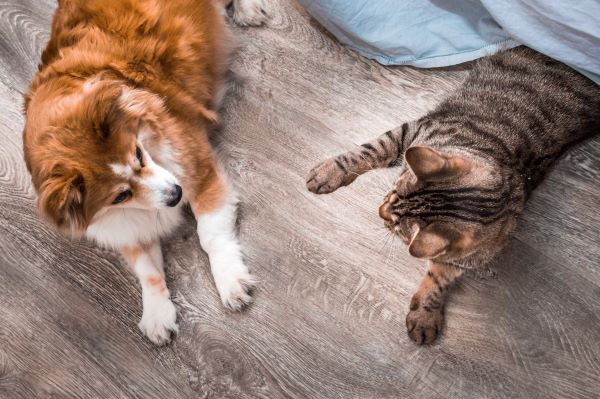
Just because cats have a different skill set than dogs doesn’t mean they aren’t as intelligent. Rather, they are clever in different ways than dogs. For example, cats seem to be better than dogs at getting their needs – such for as food, attention and affection – to be met. Film producer Jeff Valdez has another opinion on the matter: “Cats are smarter than dogs. You can’t get eight cats to pull a sled through snow.”
And, while there are thousands of studies on their canine counterparts, science hasn’t shed much light on feline intelligence. Trying to look inside the mind of “the world’s most uncooperative research subjects” is no easy task. In the words of renowned animal cognition expert and researcher Adam Miklosi, “We did one study on cats – and that was enough!”
Cats, as any owner knows, are highly intelligent beings. But to science, their minds may forever be a mystery, or at least until technology allows us to explore their intelligence without their cooperation.
What can clever cats can do?
To determine how smart your kitty is, first you’ll need to know some of the amazing things that clever cats are capable of. We are talking cat smarts here – if you’re expecting them to be able to spell out their name or play a game of chess, you’re aiming too high. You’ve probably heard the following quote:
“Everyone is smart in different ways. But if you judge a fish by its ability to climb a tree, it will live its whole life believing that it is stupid.”
Likewise, it’s important to measure your cat’s intelligence against criteria that are actually possible for cats to accomplish. Some of these are:
- Learning new tricks quickly and easily
- Differentiating easily between different events and/or items
- Rapidly solving food puzzles
- Responding to you when you call them by their name, e.g. by turning their ears or moving towards you
- Being responsive to your emotions, gestures, or pointing cues
- Responding differently to your voice and that of a stranger
- Understanding that when an object disappears from sight, it continues to exist (object permanence)
- Communicating verbally or non-verbally when they want something (e.g. meowing or sitting near their bowl at meal times)
How to test your cat’s “IQ”
While there’s no official “Cat IQ test”, if you want to test how smart your kitty is, there are some simple activities you can perform at home to get an idea. For best results, be patient and repeat the process several times, if kitty is agreeable. The results won’t give you a score, but they may help you determine if your cat is more of an Albert Einstein or a Lloyd Christmas**.
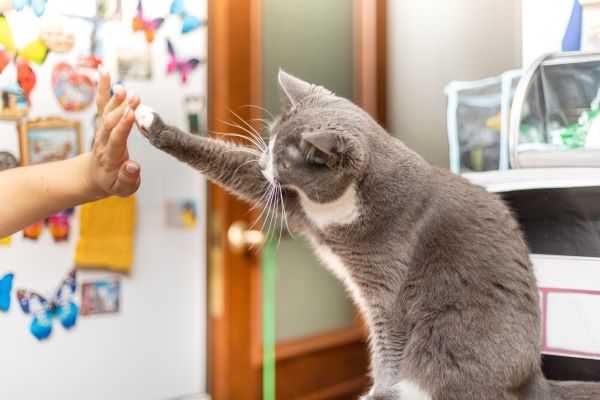
- Teach a new trick: Try to teach your cat a “trick,” such as “sit”, “stand”, “come” or “paw,” using food or treats as motivators. Teaching your can to sit for his food is a good starting point, as it’s something that can easily be reinforced each day. If he quickly learns new tricks, you have a smart cat. If he can’t be bothered, you have a typical cat.
- Object permanence test 1: Show your cat a favourite toy (like a catnip-filled “mouse”). While she is paying attention, hide the toy behind a piece of furniture where it is relatively easily accessible. Watch you cat’s behaviour – does she immediately retrieve the toy or stay where she is?
- Object permanence test 2: Place your cat’s favourite food or treat under one of two cups or small boxes on the floor while he watches you. Observe if he remembers where you put it by choosing the correct cup.
- Problem-solving test: Put a treat or a toy inside an egg carton and see if your cat can open the carton. Does she do this very quickly, very slowly, or not at all?
- Finger pointing test: Put a treat or toy on the floor a few metres away from your cat when she isn’t paying attention. Move alongside your cat and point to the item, encouraging her to look in the direction you are pointing. Does he do so? Clever cats will find the food or toy when a human points to it.
How to make your cat cleverer
If you’re disappointed in your cat’s performance on these “tests”, the good news is, you can actually help make your kitty smarter.
Cats raised in a mentally stimulating environment learn faster than those raised in a boring one. Try providing additional stimulation to nurture cat intelligence. This can include enrichment training, interactive toys, cat furniture for climbing, and food puzzles, as well as exposure to novel stimuli.
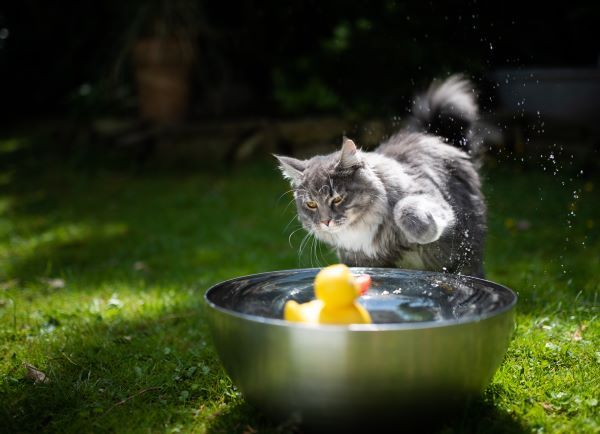
New experiences and challenges help new neural connections form inside the cat’s brain. These and other mental challenges, when performed regularly, are great ways to stimulate your kitty and provide a boost to their intelligence.
- Read our article Cat play and toys – it’s not just fun & games!
** Lloyd Christmas is the character played by Jim Carrey in the movie “Dumb and Dumber”
Bow Wow Meow Pet Insurance can help protect you and your cat should an unexpected trip to the vet occur.
- Find out more about our cat insurance options
- Get an instant online pet insurance quote







